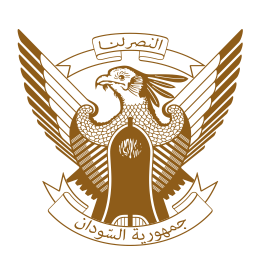About Sudan
Republic of Sudan
Capital: Khartoum
Head of the Sovereign Council: Abdel Fattah Al-Burhan
Prime Minister: Abdalla Hamdok
Population: 42 million (2019 Estimate)
Area: 1,886,068 square kilometers (728,215 square miles)
Currency: Sudanese Dinar (SDG)
Official language: Arabic, English, local languages and dialects
Telephone Code: 249
Time Zone: UTC 2 (CAT)
GDP (PPC basis) 2018 estimate
Total: $177.678 billion
Per capita: $ 4,232
GDP (nominal): 2018 estimate
Total: $33.903 billion
Per capita: $ 808
Borders:
North: Egypt
Northwest: Libya
West: Chad
Southwest: Central African Republic
South: South Sudan
Southeast: Ethiopia
East: Eritrea
Northeast: Red Sea
Sudan has a coastline of 853 km bordering the Red Sea.
The White Nile and the Blue Nile are the two tributaries of the Nile. These two tributaries merge in Khartoum - the capital of Sudan - becoming the Nile River itself before flowing into Egypt. Its other main tributaries are the Bahr el Ghazal, Sobat and Atbarah rivers.
The countries bordering Sudan by land are Libya, South Sudan, Egypt, Ethiopia, Eritrea, Chad and the Central African Republic.
Sudan is divided into 18 states. The metric system is the legal standard, but a highly diversified system based on Egyptian and British standards is in local use for weights and measures.
Sudan’s Geostrategic Position: World and Regional Organizations
Sudan is a member state of the United Nations (UN), the Arab League (AL), the African Union (AU), the Organization of the Islamic Conference (OIC), the Sahel and Sahara Alliance, the Intergovernmental Association for Development and Desertification (IGADD), the Economic Commission for the States of East and South Africa (COMESA), the Great Arab Free Trade Area and others. Sudan maintains diplomatic relations with most of the world's states to advance its interests, reaffirm its geographic and cultural identity, and contribute to regional and global peace and stability.
Sudan and World Organizations:
Sudan is a committed member of the UN and its founding charter and strives to fulfill its role within the world organization.
Despite complications such as UN Security Council actions regarding the Darfur dispute, Sudan has done its utmost to advance the values laid forth in the organization’s founding charter to the best of its ability.
Sudan is ultimately of the view that the UN, in order to be a more effective and body capable of truly representing all nations, must be re-structured and systematically reformed such that it reflects the global diversity. It also has to preclude domination by the few in order to meaningfully promote world peace, justice, inter-dependence and equality for the many.
Sudan Multilateral Relations:
Sudan did not settle for the typical West-oriented relationships, but instead opened its doors to the entire world. It has fostered close and solid ties based on common interests with China, Korea, Russia, India, Malaysia, Indonesia, and other Asian nations, and has benefited greatly from these relationships. These strong ties to a diverse range of nations are the central strength of Sudanese foreign policy.
Sudan believes in a policy of non-interference in the internal affairs of other countries and in the autonomy of all nations in global politics, as well as in the right of nations and peoples to relations based on common interest and mutual benefit. It also supports an international order that promotes justice, equality, human interdependence, sustainable development and neighborly relationships.
Given its dual Afro-Arab heritage, and given its strategic geographic position as a meeting point for the two identities, Sudan is compelled to play an active role in regional and international communities beyond the immediate framework of safeguarding its interests, principles and commitment to the conventions it has ratified.



